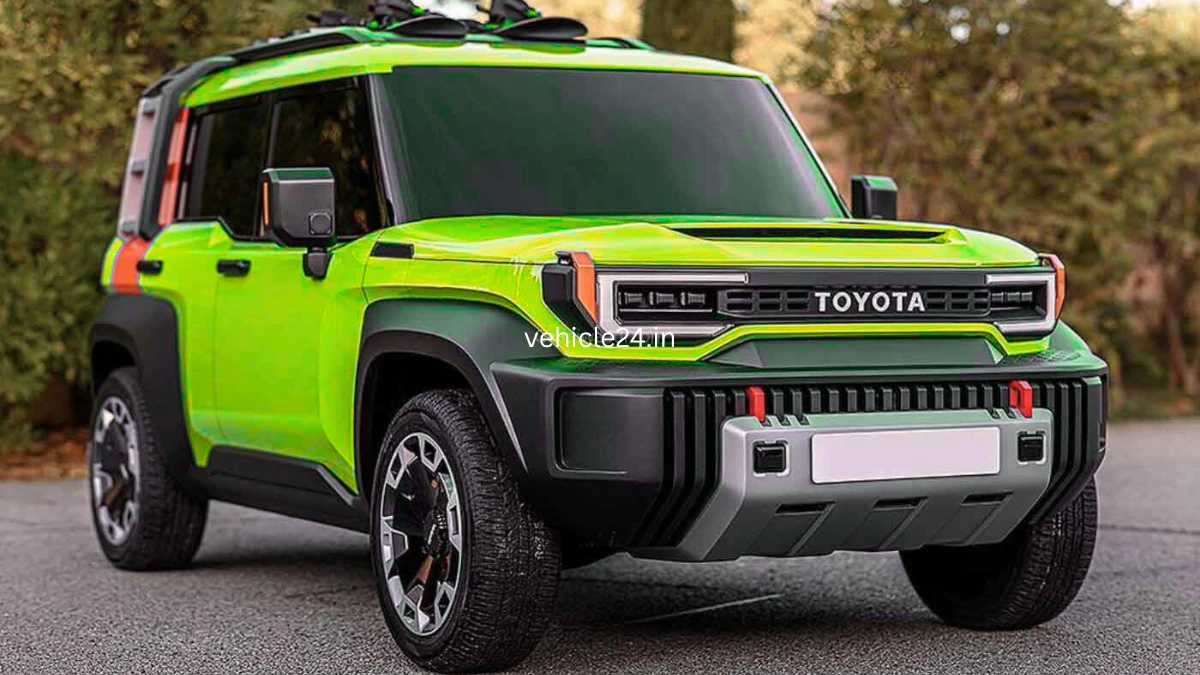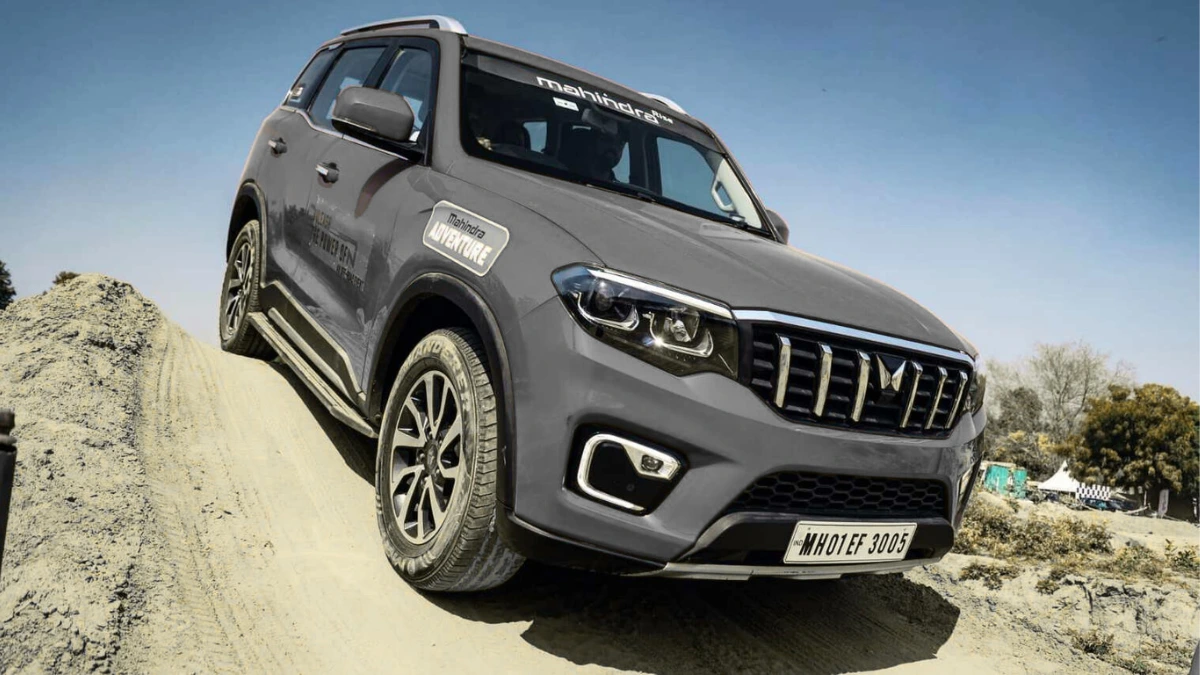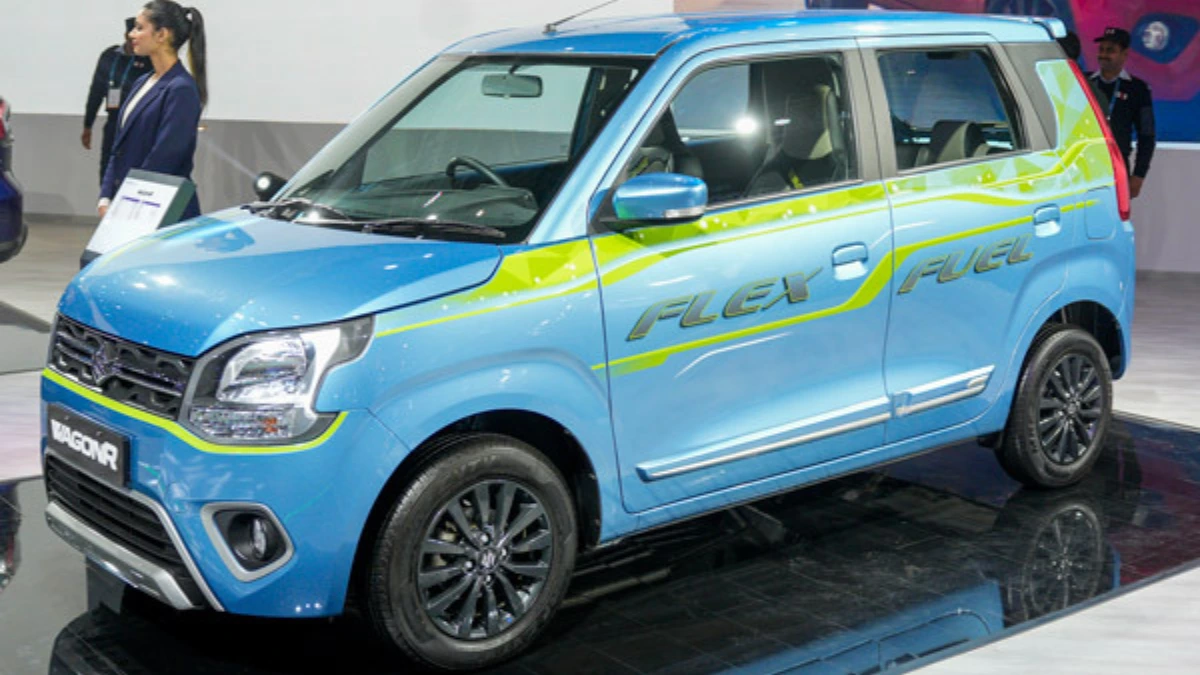Tata Motors is gearing up for a transformative decade, unveiling a comprehensive strategy to introduce more than 15 new vehicles by 2030. This dynamic lineup will span various segments, catering to diverse customer preferences with refreshed designs, next-generation models, and entirely new nameplates. The plan is set to elevate Tata’s presence in the automotive market, blending innovation with its signature reliability.
A Fresh Wave of Iconic Models
Leading the charge is the much-anticipated return of the Tata Sierra, a name that resonates with nostalgia and rugged charm. Expected to hit showrooms by the end of the current financial year, the Sierra will be available in both electric and petrol variants, offering versatility for modern drivers. The electric Sierra is poised to share technology with the recently introduced Harrier EV, promising a driving range exceeding 500 kilometers on a single charge. Meanwhile, the petrol variant will boast a new 1.5-liter TGDI four-cylinder engine, delivering approximately 168 horsepower and 280 Nm of torque for spirited performance.
Additionally, the Sierra will offer a diesel option, powered by Tata’s trusted 2.0-liter four-cylinder engine. Drivers can choose between a six-speed manual or automatic transmission, ensuring flexibility for different driving styles. This multi-powertrain approach underscores Tata’s commitment to catering to varied market demands.
The Avinya: Tata’s Premium Masterpiece
Another highlight is the Tata Avinya, a futuristic concept set to become the brand’s flagship offering. Positioned as a premium vehicle, the Avinya will debut after the Sierra and is expected to come in multiple variants, each showcasing cutting-edge technology and design. This model aims to redefine Tata’s luxury segment, blending sophistication with sustainable innovation.
Expanding the Lineup with New and Refreshed Models
Beyond the Sierra and Avinya, Tata’s roadmap includes seven all-new models, alongside updated versions of existing favorites. Among the new entries are two internal combustion engine (ICE) projects, referred to as Product A and Product B, and two electric vehicle (EV) initiatives, known as Product X and Product Y. While details remain under wraps, these projects signal Tata’s intent to dominate both traditional and electric vehicle markets.
The company is also strengthening its compact car segment with a new model, tentatively named the Tata Scarlet. This vehicle is designed to appeal to budget-conscious buyers seeking style and efficiency. Additionally, Tata is working on the next-generation Nexon, along with updated versions of the Punch EV and Punch ICE, ensuring its entry-level offerings remain competitive.
A Massive Investment in the Future
To support this ambitious plan, Tata Motors is investing nearly Rs. 35,000 crore. This significant financial commitment will fuel research, development, and production, enabling the company to deliver high-quality vehicles that meet global standards. By blending electric and traditional powertrains, Tata aims to capture a broad customer base while advancing its sustainability goals.
Also Read –Five Exciting Mahindra Premium SUVs to Watch Out for in India
Why This Matters
Tata Motors’ bold strategy positions it as a formidable player in the automotive industry. With a mix of iconic revivals like the Sierra, premium offerings like the Avinya, and accessible models like the Scarlet, Tata is poised to cater to every segment of the market. This diverse portfolio, backed by substantial investment, ensures that Tata will remain a household name for years to come.









